We live in a world where we’ve become desensitized to superhero movies.
Thanks to low-quality movies like Madame Web and The Marvels, it’s pretty easy to tell that the age of the superhero blockbuster is winding down. Or rather, it’s been winding down for a long period of time. No, not since Avengers: Endgame was released in 2019. Since 2009, when Zack Snyder made Watchmen, the best superhero film I’ve ever seen.
To many, just saying that is grounds for execution. Outside of his Snyderverse cult, most projects associated with Zack Snyder tend to be critical and commercial failures. No one, and I mean no one, cares about Rebel Moon, and his polarizing time at DC arguably doomed its shared universe before it even started, miring itself in a grimdark tone that took years to salvage, albeit too little too late. Snyder is a man with a very particular vision, and that vision is always glorifying what he thinks is cool and awesome. Luckily, Snyder just happens to love Watchmen, which gelled perfectly with his sensibilities.
If you’re unaware of what Watchmen is, first and foremost, go read the book. It’s considered by many to be one of, if not the greatest comic book of all time. Alan Moore’s magnum opus was released back in 1985 and set a precedent for the comic book industry alongside Frank Miller’s The Dark Knight Returns, heralding a darker age of comics that ultimately resulted in a poor output of comics in the ’90s. Still, you can’t really fault Watchmen for that as comic creators took the wrong lessons from that original series. It wasn’t a successful comic because it was dark, explored mature themes, or had excessive violence. It was powerful because of its well-written characters, commentary on the nuclear age and nuclear deterrence, the nature of superheroes and vigilantes, and exploration of power.
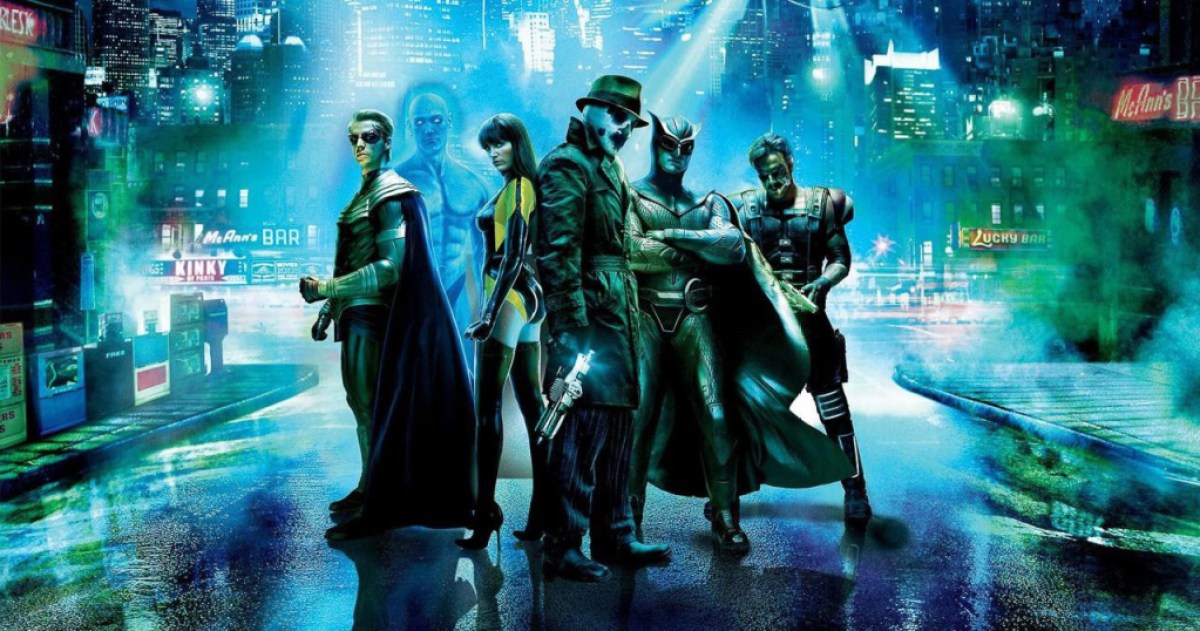
Sadly, or at least sadly for DC, Watchmen was its own self-contained entit, and due to the legendary status it’s cultivated over the past nearly 40 years, there was no way for them to monopolize and expand upon the original graphic novel. They wanted to expand and make more Watchmen, but there was just no way to do so without getting the ire of Alan Moore and the fans. So, a live-action adaptation of the comic seemed like the safest and easiest way to expand the story, though it took decades to do so. Warner Bros. hired numerous directors onto the project, like Terry Gilliam and Darren Aronofsky, all of whom left due to either budgetary issues or thinking the scope of the story was too much for a single film. And so, hot off the heels of his live-action adaptation of Frank Miller’s 300, Warner Bros. approached Snyder to direct, and the project finally got off the ground.
In all honesty, despite my various issues with Snyder as a director, I feel that he was the right choice to direct the film. Watchmen is not a happy story. It’s depressing, angry, and outright bleak at times as we peer into this world right at the edge of annihilation. There isn’t meant to be any lightheartedness to the story, with the few bits of humor coming from nihilistic comments on the world and how it’s falling into decay. In other words, it’s perfect for a Zack Snyder movie. Humor is not his forte, as he focuses a lot on selling this world. Snyder is a world-builder, after all, and here, the tools are already assembled for him to play with. He just needed to play with them without destroying the sandbox.
Thankfully, Snyder showed a slavish devotion to the original story. He used the storyboards of the series as inspiration for several shots, leading to some scenes being direct parallels to their comic counterparts. The scene where Dr. Manhattan enters the Vietnam War, the flashbacks of the Comedian’s life, and Rorschach’s commentary are almost directly one-to-one with the source material. What Snyder does expand upon does lead to some solid emotional moments. There’s a lot of time dedicated to the Minutemen here, whether it be from the opening credits to Nite Owl’s final stand that shows how an era and simpler time had become nothing but a distant memory, the darkness of the modern world slowly engulfing its aging heroes. In a way, the film adds an extra layer of commentary addressing how the rose-tinted nostalgia of the golden age of comics is all but incompatible with what comics have become. It may not be an accurate assessment of the industry, in my opinion, but in a time when comic books were doing anything and everything to be presented as mature, it made a compelling argument.
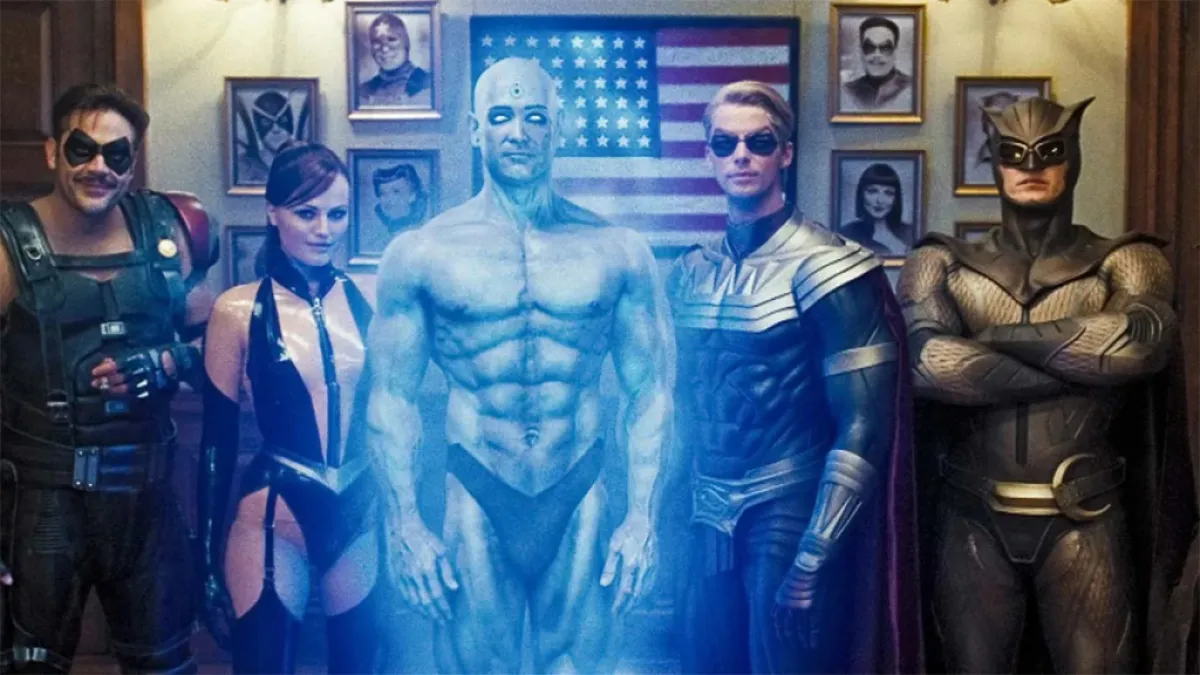
Weirdly enough, that uncompromising look at the darkness of the world of Watchmen feels darker here than in the original series. Maybe it was because of Dave Gibbons’ vibrant artwork, but the muted colors and sets of the film do a lot to make this feel like a more grim affair. The performances also do a lot, with Jeffrey Dean Morgan’s Comedian feeling almost like a dry run of his eventual turn as Negan in The Walking Dead and Jackie Earle Haley giving the performance of his career as Rorschach. It’s those two performances, however, that bring about one of the biggest problems with the comic – its desire to paint its anti-heroes as “cool.”
Related: Zack Snyder Would Only Return to DC to Adapt Dark Knight Returns
There was a huge surge in the mid to late 2000s where stories seemed to have more anti-heroes than ever before. It’s really obvious to tell in the video game space, thanks to characters like Vincent Valentine, Shadow the Hedgehog, and Alex Mercer taking on leading roles in games but mostly coming across as trend-chasing edgelords. The same is true in films of the era, too. Watchmen is my go-to example of how movies put a huge focus on their anti-heroes since Rorschach and the Comedian dominate any and all scenes they’re in. That’s not just because of the solid performances by their actors but by how much Snyder spends focusing on them. While nearly every other character received significant cuts in their adaptations, like Laurie and Dr. Manhattan’s backstory, most of Ozymandias’ scenes toward the end of the story, and almost complete subplots like Dr. Malcolm Long’s, Rorschach and the Comedian received very little. In fact, their scenes seemed to be rewritten to make them into the coolest possible people around.
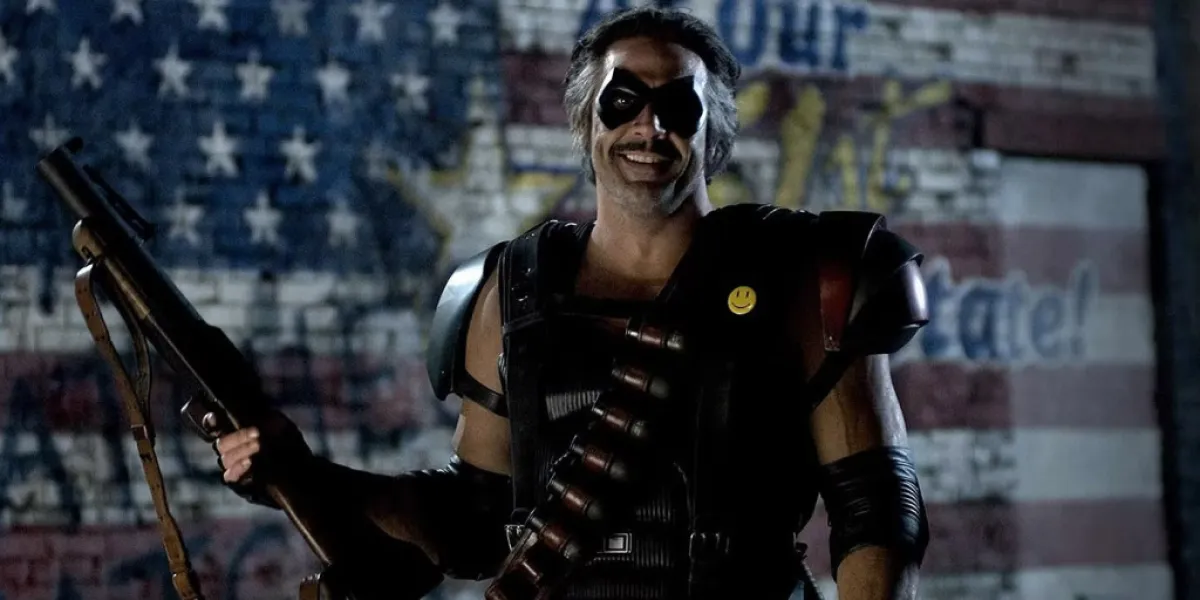
I’m of two sides on this. On one hand, it does lead to some great moments that have a lot more impact on film than they ever did in the comic. The Comedian’s “smartest man on the cinder” line. The moment where the Comedian attacks rioting citizens and comments on how the world has gone to hell. Rorschach’s famous declaration of how prisoners are locked in there with him. Rorscach’s brutal final line. These moments have become synonymous with the book despite not really being key moments in the original text. However, it’s clear that they receive the grandeur they do because Snyder, as always, has the same sensibilities of a teenager. Whatever he thinks is cool, he’ll shove in your face and show you how super cool it is, even if it isn’t. Those moments reek of Snyder’s worst tendencies, and while they don’t come across as edgelords, they do turn what should be an exploration of the nature of superheroes and then-modern politics into just another action movie. Despite that, they oddly still work because Snyder is still forced to color within the lines and keep those original themes intact, making a best-of-both-worlds scenario.
The only time he colored outside of the lines was the film’s ending, and it’s a major change. Without going into spoilers, it radically changes Ozymandias’ plan and removes a lot of the buildup that was present in the original story. To some, that’s a horrible sin that makes the film infinitely inferior. Personally, I love the new ending, going so far as to think it’s better than the one Moore and Gibbons devised. It’s one that makes logical sense and is fitting from the smartest man in the world. It’s also a lot more convincing of a conclusion, given some major moments in his initial plan, like making Dr. Manhattan have a mental breakdown on live television. It also grounds his plan within the world rather than relying on the incredibly large leap in logic and believability the original ending had.
It all culminates in a movie that feels complete. It’s one of the few times I would recommend watching the Director’s Cut just so you can get a complete adaptation of Watchmen. In a lot of ways, it was the perfection of the pre-MCU style of superhero movie where, just like in the ’80s, comic book movies were doing anything and everything in their power to be seen as more legitimate. The film was released shortly after The Dark Knight, which received acclaim for its darker and grimmer depiction of Batman and the Joker. Much like in the ’80s, Batman and Watchmen were set to reshape and legitimize modern superhero movies.
But then, Marvel was able to strike golden with its cinematic universe. By creating several smaller films and laying seeds of a shared continuity, fans flocked to theaters and kept coming back thanks to their lighter sense of humor and charm. Marvel movies became fun escapism and led to a franchise that grossed billions of dollars each year. Comparatively, DC came across as too serious and dour, unable to poke fun at the goofiness of the genre. Again, that’s not really Watchmen‘s fault. No one could have predicted how the market and moviegoers’ interests would have changed, and one would rightly assume that adapting the most critically praised graphic novel of all time would lead to a rousing success at the box office. But it didn’t.
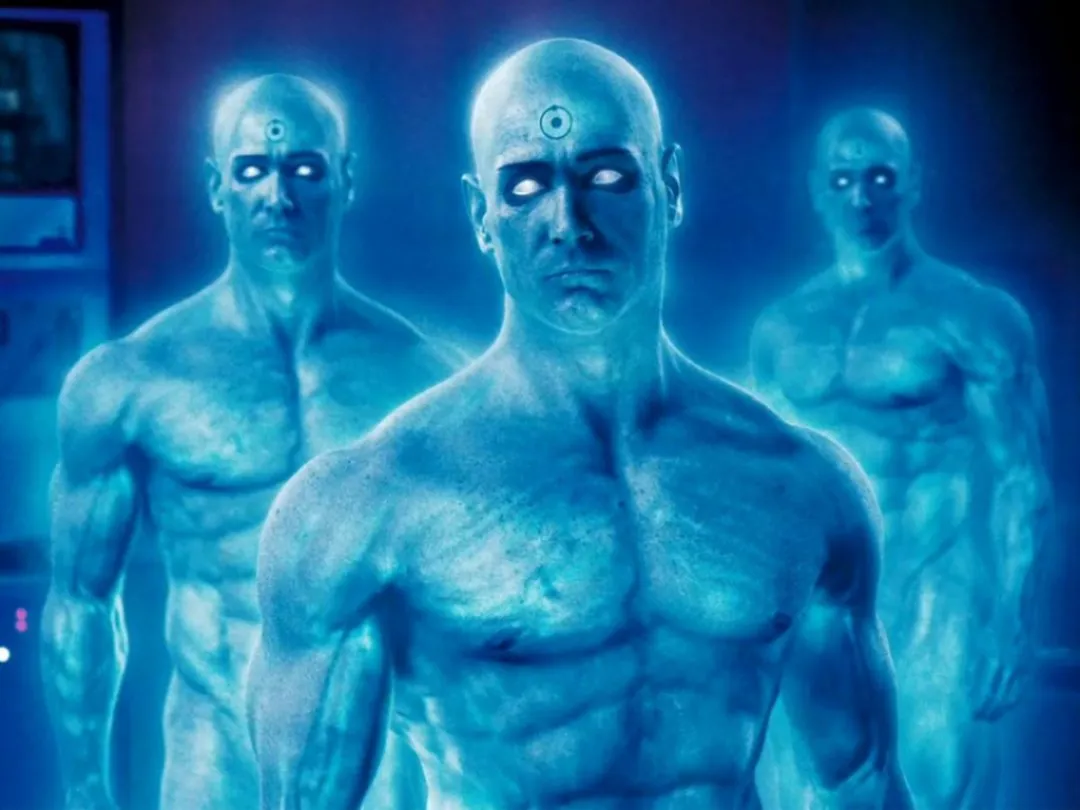
Watchmen underperformed at the box office. It made less than $200 million on a budget of around $150, so it can easily be considered a flop. The film did fine critically, but it was considered to be a movie aimed at people who already liked Watchmen and not newcomers. This checks out, since at least from personal experience, when I showed my girlfriend Watchmen after she read the book, she said she probably would have been lost if she didn’t already know what was happening. It’s a film for a small niche of fans, but those who like it, like myself, love it.
It’s a bold superhero movie that isn’t like any of its contemporaries. Even now, it’s admirable to see just how faithful of an adaptation it is, but it isn’t afraid to change things up to allow the story to be better told in a visual medium. Larger changes are more divisive, but Snyder, at the very least, understood the main themes of the original story and conveyed them well, as well as bringing to light new concepts or ideas that went unexplored in the original book. His work must have impressed those at DC and Warner Bros. because after this, they would hire him on to direct his passion project, Sucker Punch, and eventually helm the DCEU ship. But 15 years later, if you were to go back and watch the movie that kickstarted Snyder’s tenure with DC Comics, you’ll see all of the potential that Snyder had when he was given a framework to work with. Keyword – had. But you’ll also see a movie that went unnoticed during its time that’s in desperate need of a reassessment. Chances are, you’ll find something to admire or respect with Watchmen.
Watchmen is availble to stream on Max.

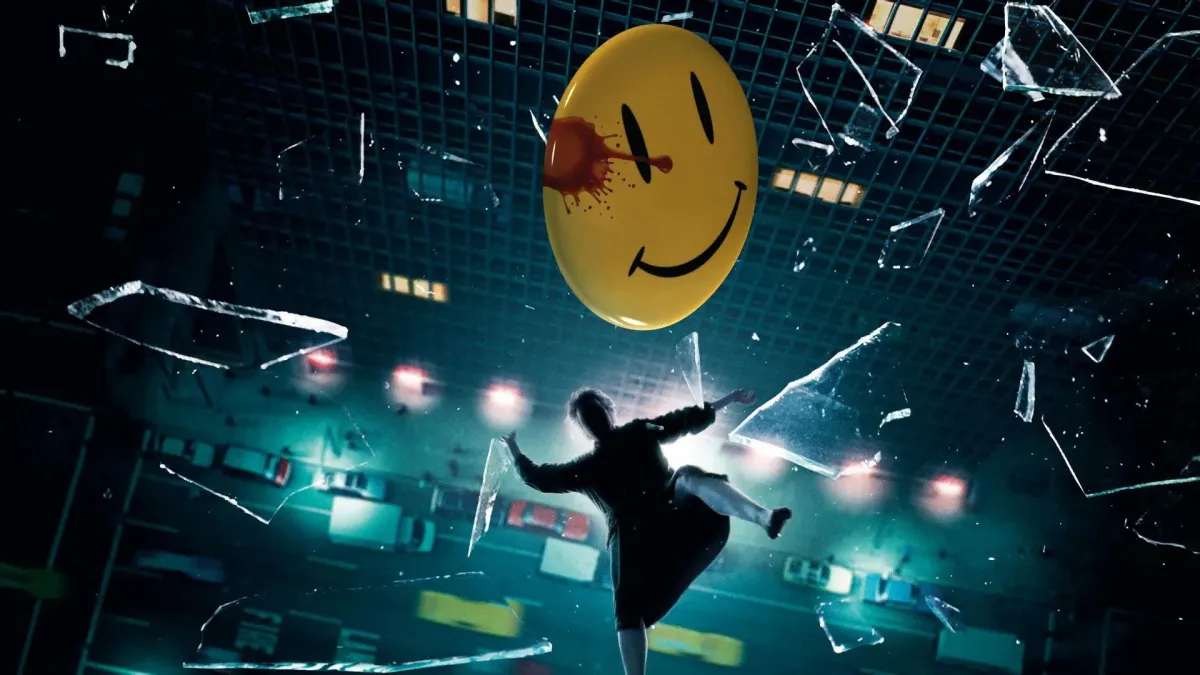



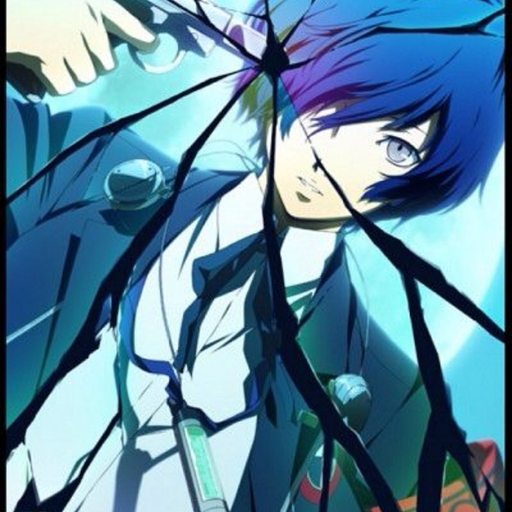
Published: Mar 10, 2024 12:00 pm